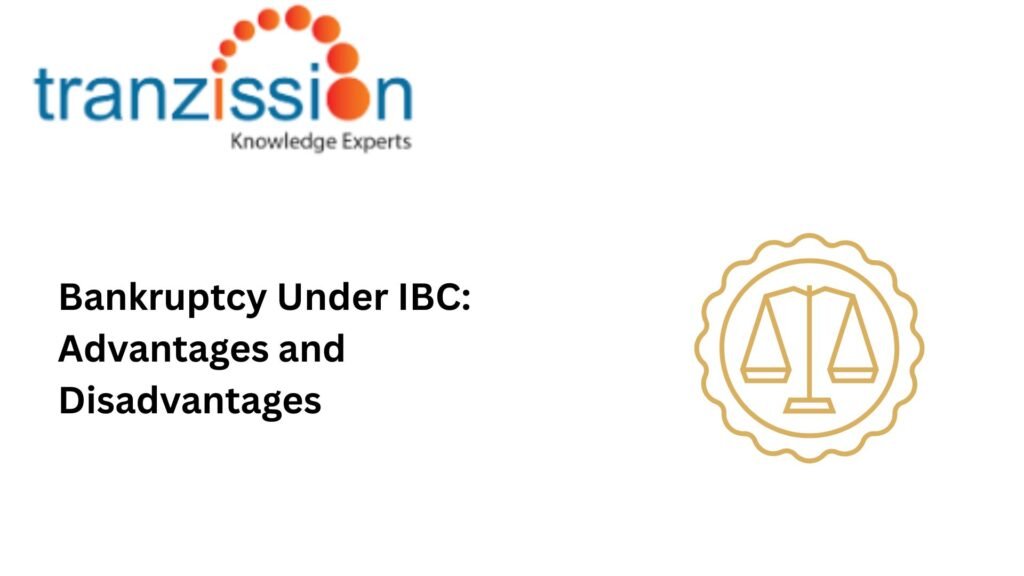Blog
Registered valuers individuals with specific qualifications who play an important role for accurately providing valuation of the corporate debtor’s assets during the resolution process. Insolvency professionals rely on the valuation of the registered valuers to make more informed decisions throughout the insolvency processes. Who is a registered valuer? A registered valuer is defined under Regulation […]
A Liquidator: Powers and Functions under IBC, with reference to section 5(18) of the Insolvency and Bankruptcy Code, 2016 (hereon forward known as “the Code”), is an insolvency professional who is appointed by the court, which in insolvency law, is the National Company Law Tribunal (NCLT) to manage a company’s liquidation process when it is […]
The insolvency process is designed to streamline the insolvency and liquidation proceedings in a time-bound manner. The resolution professional utilise forensic audit to ensure the insolvency or liquidation proceedings are fair and transparency, identifying any transactions by the corporate debtor that may affect the recovery of its creditors. What is a Forensic Audit? A forensic […]
Individuals and businesses facing financial distress need to make a well-informed decision of whether to undergo bankruptcy proceedings under the Insolvency and Bankruptcy Code, 2016 (hereon forward known as “the IBC”). Knowing the potential Bankruptcy Under IBC Advantages and Disadvantages is important to understand whether it is the right option for you. What Is Bankruptcy? […]
The Insolvency and Bankruptcy Code, 2016 (IBC) establishes a time-bound process that ensures fairness and transparency during CIRP in the insolvency process. It is the responsibility of insolvency professionals and the Adjudicating Authorities to ensure fairness and transparency during the corporate insolvency resolution process (CIRP) in the IBC. This allows for a level playing field […]
There are several stakeholders involved in making the resolution process effective, including the Committee of Creditors under Section 21 of IBC. The CoC has a crucial role in the outcome of the proceedings, their decisions determine the revival or liquidation of the distressed companies. The Insolvency and Bankruptcy Code, 2016 (IBC) governs the formation of […]
The Insolvency and Bankruptcy Code, 2016 (IBC) marked a significant turning point in India’s approach to resolving the financial issues of a company. The primary aim was to streamline the resolution process, improve credit culture, and protect stakeholders’ interests. When it comes to Insolvency of State-owned Enterprises (SOEs) implementing the IBC framework introduces unique challenges […]
Personal guarantees are generally used in small or micro businesses or those with inadequate credit history. The Insolvency and Bankruptcy Code of 2016 provides a mechanism for creditors to recover the corporate debtor’s debts, even if the corporate debtor defaults on doing so, by having the corporate debtor have a personal guarantor. Personal Guarantor under […]
This article Difference between a liquidator and an insolvency professional aims at providing clarity on the distinct roles of a them. Both of these positions are central to guiding a company through their financial difficulties, although the engagement of both in the insolvency process is distinct. While an IP has the main responsibility with supervising […]
The platform of a robust business environment is having effective corporate governance. Since its establishment, Role of IBC in Corporate Governance Insolvency and Bankruptcy Code, 2016 (IBC) has had a significant impact on reviving, restructuring, or rehabilitating companies in financial distress. In addition to this, it has emerged as a vital instrument in advanced corporate […]

